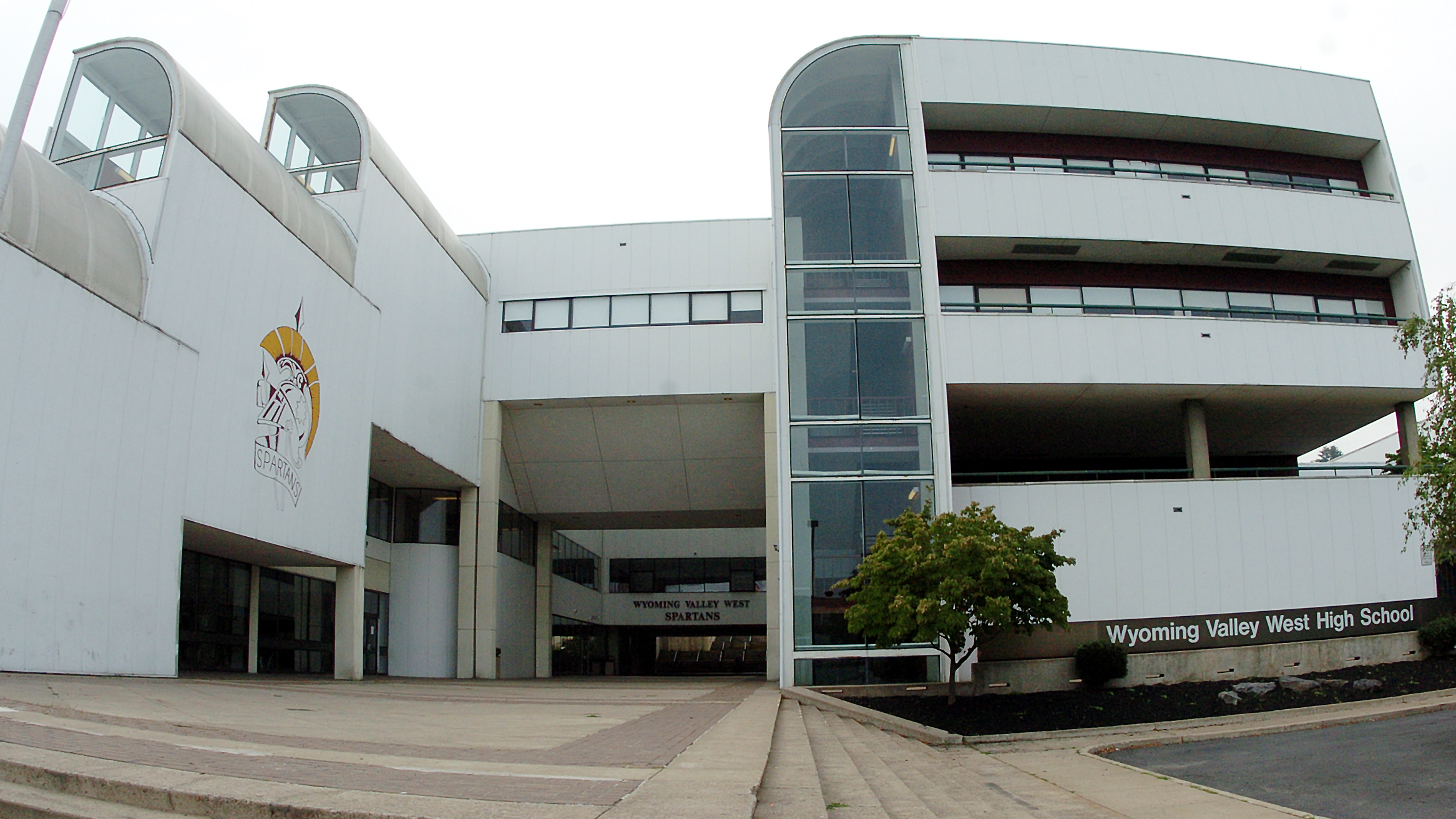A public school district in Pennsylvania that faced a national outcry after threatening to place children in foster care over unpaid cafeteria debt has received several offers to pay off the entire tab, but school officials do not seem interested.
In a letter sent July 9 to about 40 parents in the Wyoming Valley West School District in an effort to collect the debt, officials warned that if it went unpaid, "The result may be your child being taken from your home and placed in foster care."
According to Luzerne County Manager David Pedri, at least five donors have stepped forward willing to satisfy the $22,000 in debt accrued by dozens of students whose parents did not give them money to pay for the meals.
A prominent media figure is among those who has tried to settle the students' debt. An assistant to this person, who requested anonymity, told NPR that attempts to reach school officials were unsuccessful.
"These are gracious and kindhearted people, and I have forwarded their information over to the Wyoming Valley West School District for their review," Pedri said.
Another one of the potential donors is Todd Carmichael, chief executive of the Philadelphia-based coffee roasting company La Colombe.
In an interview with NPR, Carmichael said he grew up poor, one of four kids raised by a single mom outside Spokane, Wash. Hearing about a school in rural Pennsylvania threatening to remove children from a household for not being able to pay a lunch bill struck a nerve with him.
"I know what it's like to be shamed at school. I know what these things are. And I know how my mother would react if someone threatened to take her children away," Carmichael said.
So, Carmichael's team contacted the district's school board.
"And," he said, "we were rejected."
Carmichael said his assistant called the school district's president, Joseph Mazur, and the conversation quickly became combative before Mazur abruptly hung up the phone.
Mazur and members of the Wyoming Valley West administration did not respond to NPR's numerous requests for comment on Tuesday.
The situation has left Carmichael, who has done a fair amount of philanthropy, searching for answers.
"I'm just completely mystified by it," he said. "I'm still picking through the pieces and saying, 'What is this?' "
State records show that the school district is one of the poorest in Pennsylvania, and it is situated in a blue-collar community outside of Wilkes-Barre, which is a former coal-mining town.
When Mazur talked to NPR earlier in the week, he defended the letter by saying the school district is strapped for cash and desperate for ways to save money.
That has left Carmichael wondering why the district would turn down donations.
"This really isn't about the money," he concludes. "I think it's about teaching people who are struggling some sort of moral lesson they need to learn, no matter what the consequences are."
Pedri, who oversees the foster care program in Luzerne County, recently sent the district a letter admonishing school officials for the letter and asking them never to do it again.
"Foster care is something we utilize as a shield to assist kids. It's not a sword. We don't like foster care being utilized to try to terrorize individuals," Pedri told NPR.
In an a recent editorial, The Times-Tribune of Scranton called the threats "shameful" and "an act of hubris."
"The state Department of Education and the Legislature had no way of knowing that some school district officials would play the schoolyard bully, issuing threats to separate children from their parents in pursuit of lunch money," the editorial board wrote, urging state lawmakers to "outlaw such outlandish conduct by law and regulation covering lunch debt collection."

